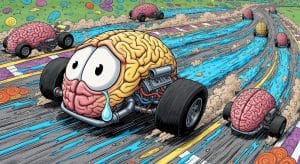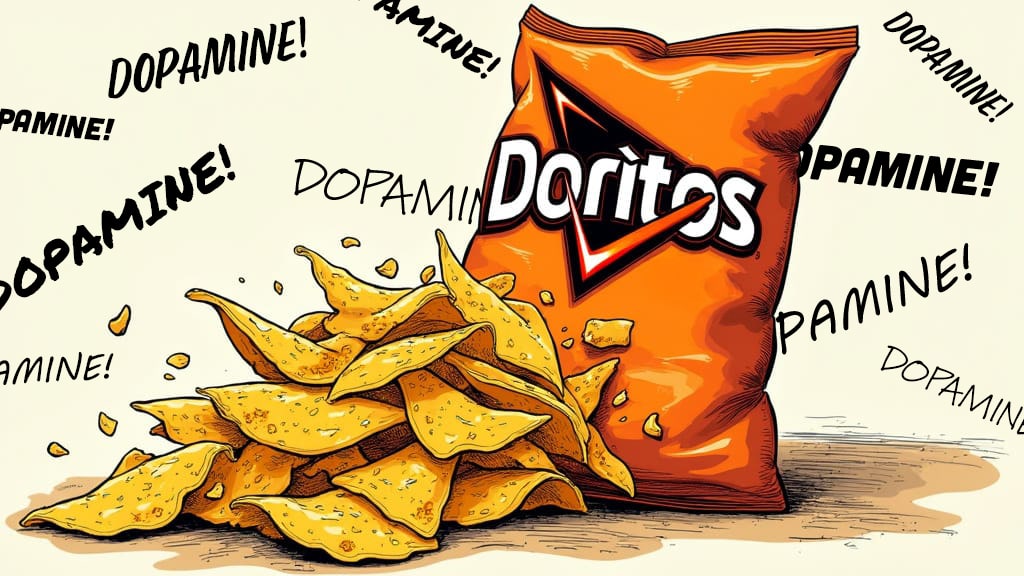The Man in the Spotlight
Few artists of the 21st century have blurred the line between genius and chaos as vividly as Kanye West. From reshaping hip-hop’s sonic palette to redefining fashion’s edges, he has consistently demanded attention. Yet, in recent years, it hasn’t just been his music or style dominating headlines. Instead, it has been his unraveling public behavior, shocking remarks, and evolving relationship with his own mental health.
With the release of In Whose Name? — an unfiltered documentary chronicling six years of his life — the world is once again invited into Kanye’s psyche. Central to the film is his self-declared battle with bipolar disorder, his abrupt rejection of medication, and his more recent claim that he is not bipolar at all, but autistic.
The tension between these narratives — bipolar vs. autism — is not just tabloid fodder. It forces deeper questions about diagnosis, identity, creativity, and the way society views mental illness when performed on the world’s largest stage.
Bipolar Disorder: A High-Performance Engine with Fragile Parts
The Bipolar Owner’s Manual metaphor — brains as high-performance engines — fits Kanye almost too well. Bipolar I, the form often associated with Kanye, is marked by manic episodes that can rocket a person into euphoric productivity or grandiose self-destruction. Depression often follows like the other half of a punishing seesaw.
Kanye himself has leaned into this framing. In the documentary trailer he proclaims, “You know the best thing about being an artist and bipolar? Anything you do and say is an art piece”. For him, mania seems intertwined with creativity, a force that fuels groundbreaking work but exacts immense personal cost.
The cost is clear: the collapse of his Adidas partnership after antisemitic comments, a fractured marriage with Kim Kardashian, and public meltdowns captured on film. Kardashian’s tearful admission in the trailer — “Your personality was not like this a few years ago” — underscores how destabilizing bipolar disorder can be, not only for the person living it but also for loved ones.
Medication: “I’d Rather Be Dead”
Bipolar disorder is notoriously difficult to manage without medication. Mood stabilizers and antipsychotics, while often life-saving, can dull energy and creativity. Kanye has made his stance clear: “I’m off my meds for five months now… I’d rather be dead than on medication”.
For an artist who equates mania with artistic vision, medication feels like shackles. This is not uncommon — many with bipolar resist treatment when it blunts their spark. But the risks are high. Untreated mania can become psychosis, paranoia, or spiraling impulsivity. Kanye acknowledges that once episodes start, they can last “three days, four days, a week”. The difference is that most people’s episodes aren’t broadcast to millions.
Autism Enters the Frame
In a recent twist, Kanye now claims he was misdiagnosed with bipolar disorder and is actually autistic — a perspective encouraged by his current wife, Bianca Censori.
His reasoning? Autism, he argues, better explains his rigid behaviors and contrarian streak:
- Wearing a Trump hat despite backlash because he “liked Trump in general.”
- Refusing to make music the way fans demanded.
- Seeing obsessive focus as part of his creative engine.
“Autism takes you to a Rain Man thing,” he said. “When people tell you to not do it, you just get on that one point”.
Bipolar vs. Autism: Similarities and Key Differences
At first glance, bipolar disorder and autism may seem worlds apart — one defined by mood swings, the other by lifelong developmental patterns. But overlap exists, and misdiagnosis is not unheard of.
Where they overlap:
- Rigidity and Contrarianism: Both autistic individuals and those in mania may resist authority or demands, often doing the opposite of what’s suggested.
- Social Challenges: Autism involves differences in communication and social reciprocity; mania can produce impulsive, inappropriate, or disinhibited social behavior.
- Obsessive Focus: Autistic “special interests” and manic “projects” can look similar — hours of intense, single-minded focus.
Where they diverge:
- Onset: Autism is present from early childhood, while bipolar typically emerges in late adolescence or adulthood.
- Mood States: Bipolar involves cycling between mania/hypomania and depression. Autism does not inherently include mood swings, though co-occurring anxiety or depression is common.
- Self-Concept: Many autistic individuals identify with consistent traits (sensory sensitivity, direct communication), whereas bipolar identity often shifts with mood state.
- Psychosis Risk: Bipolar mania can trigger delusions or hallucinations; autism alone does not.
Kanye’s experiences of weeks-long episodes, medication sensitivity, and late-onset crises align more closely with bipolar disorder than autism. Yet his rigid contrarian behavior and obsessive artistic focus do echo autistic traits.
The Fallout
The Human Cost: Family and Career Fallout
Beyond diagnoses, the fallout is immense. Kim Kardashian, who once urged the public to show compassion for his mental illness, is seen breaking down in the documentary. The implosion of professional relationships, especially Adidas, cost Kanye billions. These are not abstract consequences; they’re tangible losses rooted in unchecked episodes.
Art Amid Chaos
And yet, Kanye continues to create. He has announced Bully, his next album, comparing it to Lauryn Hill’s The Miseducation and Gnarls Barkley’s work. Creativity persists, even as chaos reigns. This tension — art birthed from instability — is both Kanye’s gift and curse.
Society’s Role: Spectacle vs. Compassion
The Kanye saga is also about us. Society devours celebrity meltdowns like entertainment, forgetting the person at the center. Bipolar disorder is already heavily stigmatized. When Kanye weaponizes his diagnosis (“anything you do and say is an art piece”), it risks trivializing the real suffering of others with bipolar.
At the same time, dismissing his behaviors as “just Kanye being Kanye” obscures the reality that untreated bipolar disorder can devastate lives.
A Diagnosis, or a Mirror?
Is Kanye bipolar, autistic, or both? The evidence tilts heavily toward bipolar, given his episodic crises, rejection of meds, and family’s observations. Autism may explain certain personality traits, but it does not capture the cycles of mania and depression evident in his life.
Ultimately, Kanye’s story is less about choosing the “correct” label and more about what happens when brilliance collides with untreated mental illness in the public eye. In Whose Name? offers no answers — only raw footage. Likewise, perhaps the point isn’t to decide for Kanye, but to confront how society watches, judges, and sometimes enables the spectacle.
What’s clear is this: without treatment, the high-performance engine he calls his mind risks burning out. And when it does, the fallout extends far beyond Kanye himself.








